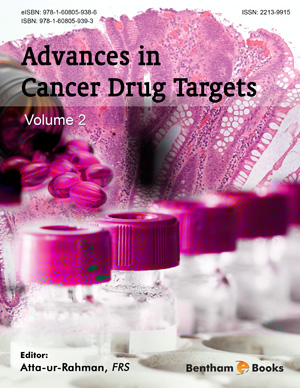Abstract
Heat shock proteins (HSPs) are molecular chaperones that stabilize folding and conformation of normal as well as oncogenic proteins. These chaperones thereby prevent the formation of protein aggregates. HSPs are often overexpressed in human malignancies, including AML. HSP90 is the main chaperon required for the stabilization of multiple oncogenic kinases involved in the development of acute myelogenous leukemia (AML). HSP90 client proteins are involved in the regulation of apoptosis, proliferation, autophagy and cell cycle progression; several of these proteins are in addition considered as possible therapeutic targets for the treatment of AML. HSP90 inhibition thereby offers the possibility to modulate several of the intracellular regulatory pathways through targeting of a single molecule. Several inhibitors of HSP90 have been developed, and they are classified into four groups: geldanamycin derivatives, radicicol derivates, synthetic inhibitors and a final group of others. The HSP90 activity is in addition regulated by posttranscriptional modulation; HSP90 inhibition can thereby be indirectly achieved through increased acetylation caused by histone deacetylase inhibitors. Many of these agents have entered clinical trials, and the results from these initial studies have documented that HSP90 inhibition can mediate antileukemic effects in vivo. However, one would expect immunosuppressive side effects because HSP90 inhibitors have both direct and indirect inhibitory effects on T cell activation. Thus, future clinical studies are needed to clarify the efficiency and toxicity of HSP90 inhibitors in the treatment of human AML, including studies where HSP90 inhibitors are combined with conventional chemotherapy.
Keywords: Acute myelogenous leukemia, apoptosis, chaperone, client proteins, heat shock protein, heat shock protein 90 inhibitors.






















